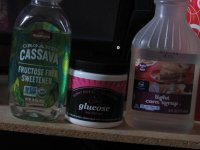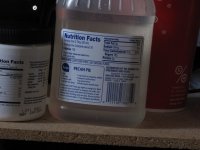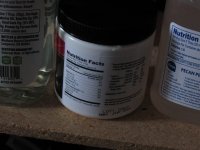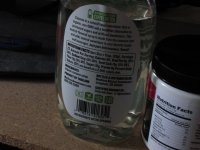I've been absorbing Peat info for years but I somehow missed this little gem, so I thought I'd highlight it:
So it was never the sugar that was the problem, nor is it the fructose and glucose component of HFCS, it's the starchy byproduct of HFCS that they don't even tell you about!
Quoted from this Peat interview on Eluv Radio @ 11:50 :
Transcript here: Effects of Stress and Trauma (Eluv Radio, 2014)
Ray Peat said:And it turns out that the reason people get fat on soft drinks that contain HFCS is that it contains a huge amount of calories that are neither fructose nor glucose. It’s the syrupy component, basically a type of corn starch or corn syrup, which they don't count because it isn’t fructose or glucose. But, it’s there, as calories.
So it was never the sugar that was the problem, nor is it the fructose and glucose component of HFCS, it's the starchy byproduct of HFCS that they don't even tell you about!
Quoted from this Peat interview on Eluv Radio @ 11:50 :
Transcript here: Effects of Stress and Trauma (Eluv Radio, 2014)




